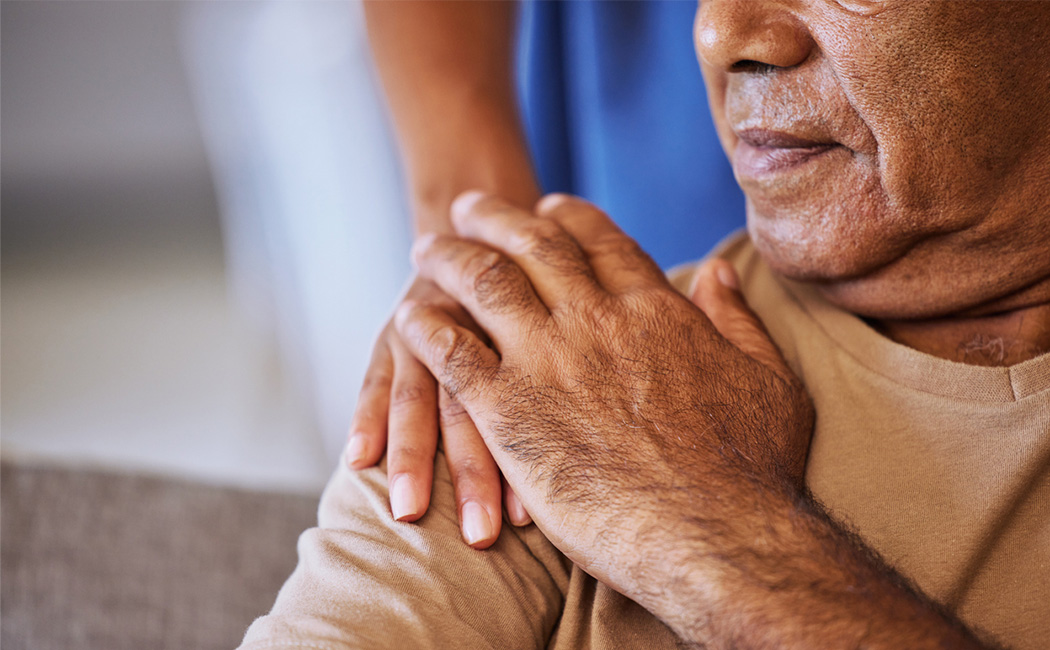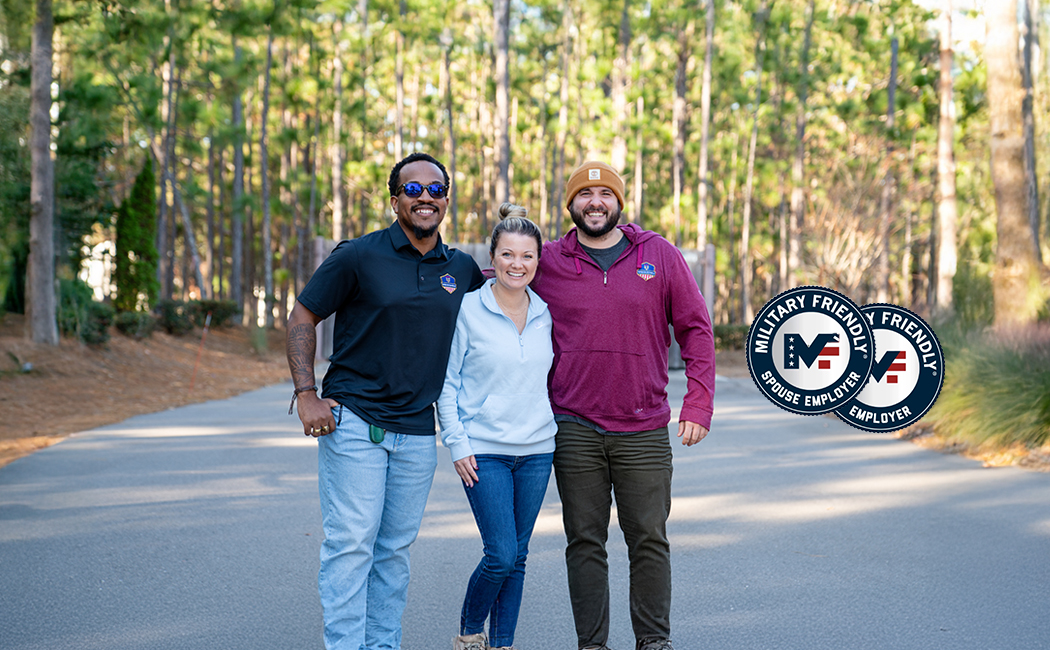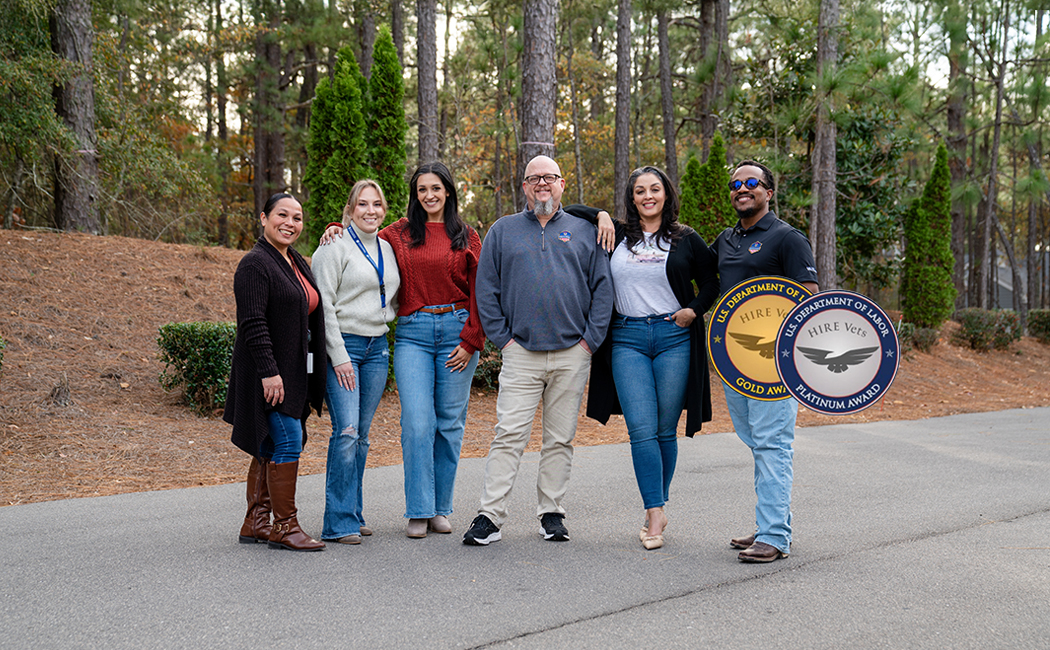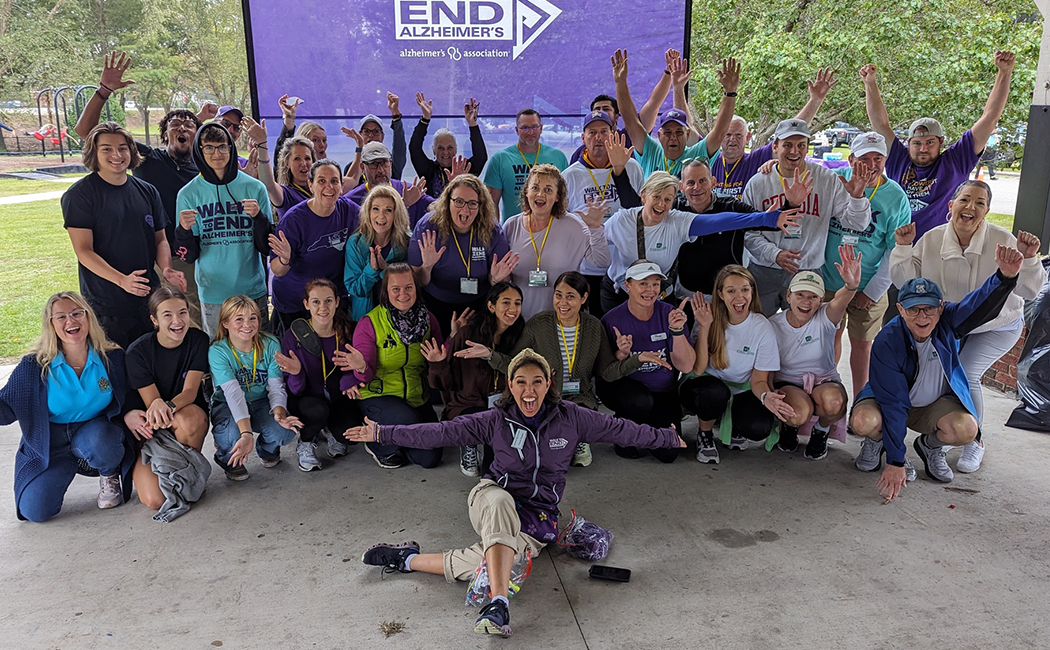Supporting Aging Veterans: Services and Care Options
Supporting Aging Veterans: Services and Care Options
As our nation’s Veterans age, their healthcare needs and overall well-being become increasingly complex. Aging Veterans often require specialized services and care options to ensure they can enjoy their golden years with dignity and comfort. Fortunately, there are a variety of resources available to support senior Veterans, ranging from healthcare services to housing and community support. At Veterans Guardian, we are committed to helping Veterans and their families navigate these options and access the care they deserve. In this article, we’ll explore the services and care options available to aging Veterans and provide guidance on how
to maximize these resources.
Understanding the Needs of Aging Veterans
As Veterans age, they may face a variety of health and social challenges, including chronic illnesses, mobility issues, cognitive decline, and the need for social support. These challenges can be compounded by the physical and psychological effects of military service, making it essential to provide comprehensive care tailored to their unique needs.
Key Challenges Faced by Aging Veterans:
- Chronic Health Conditions: Many aging Veterans suffer from chronic health conditions such as heart disease, diabetes, arthritis, and respiratory disorders. These conditions often require ongoing medical care and management.
- Mental Health and Cognitive Issues: Mental health conditions such as depression, anxiety, and post-traumatic stress disorder (PTSD) are common among Veterans and can persist or worsen with age. Additionally, cognitive decline, including Alzheimer’s disease and other forms of dementia, can affect Veterans’ ability to live independently.
- Mobility and Accessibility: As Veterans age, mobility issues become more prevalent, making it difficult to perform daily activities and increasing the risk of falls and injuries. Accessible housing and adaptive equipment are crucial for maintaining independence.
- Social Isolation: Many aging Veterans experience social isolation, especially if they live alone or have limited family support. Social isolation can lead to loneliness, depression, and a decline in overall health.
Healthcare Services for Aging Veterans
The Department of Veterans Affairs (VA) offers a wide range of healthcare services specifically designed to meet the needs of aging Veterans. These services aim to address both physical and mental health concerns, providing comprehensive care that promotes well-being and quality of life.
Key VA Healthcare Services:
- Geriatric and Extended Care Services: The VA’s Geriatric and Extended Care (GEC) services are tailored to meet the needs of older Veterans. These services include primary care, chronic disease management, rehabilitation, and long-term care. GEC services are available through VA medical centers, community-based outpatient clinics, and other VA facilities.
- Home-Based Primary Care (HBPC): For Veterans who are homebound or have
difficulty accessing traditional healthcare services, the VA offers Home-Based Primary Care. HBPC provides comprehensive, interdisciplinary care in the Veteran’s home, allowing them to receive medical care without the need to travel. - Adult Day Health Care (ADHC): The VA’s Adult Day Health Care program offers
daytime care for Veterans who need assistance with daily activities or who have
cognitive impairments. ADHC provides a safe environment where Veterans can receive medical care, engage in social activities, and receive therapeutic services while giving caregivers a respite. - Skilled Nursing and Rehabilitation: Veterans who require short-term skilled nursing or rehabilitation services can access care through the VA’s Community Living Centers (CLCs) or contracted facilities. These services are designed to help Veterans recover from illness, injury, or surgery and regain their independence.
- Hospice and Palliative Care: For Veterans with terminal illnesses or those in need of end-of-life care, the VA offers hospice and palliative care services. These services focus on providing comfort, pain management, and emotional support to Veterans and their families during this difficult time.
Community Support and Social Services
In addition to healthcare, aging Veterans can benefit from a variety of community support and social services designed to enhance their quality of life and provide a sense of community and belonging.
Key Community Support Services:
- Veterans Service Organizations (VSOs): Many Veterans’ organizations, such as the American Legion, Veterans of Foreign Wars (VFW), and Disabled American Veterans (DAV), offer programs and services specifically for aging Veterans. These organizations provide social opportunities, advocacy, and are a free option for assistance with accessing VA benefits.
- Senior Centers: Local senior centers often offer programs and activities tailored to the needs of older adults, including Veterans. These centers provide opportunities for socialization, physical activity, and access to resources such as transportation and meals.
- Caregiver Support: For Veterans who rely on family members for care, the VA offers caregiver support programs, including training, respite care, and financial assistance. These programs are designed to help caregivers manage the demands of caregiving while maintaining their own well-being.
- Peer Support Programs: Peer support programs connect aging Veterans with other Veterans who have shared similar experiences. These programs provide a sense of camaraderie and understanding, helping Veterans build meaningful relationships and reduce feelings of isolation.
Housing Options for Aging Veterans
As Veterans age, their housing needs may change. Whether due to mobility issues, health concerns, or a desire for more social interaction, there are several housing options available to support aging Veterans.
Key Housing Options:
- Aging in Place: Many Veterans prefer to remain in their own homes as they age. To support this, the VA offers grants and loans for home modifications, such as installing ramps, grab bars, and other accessibility features. The Specially Adapted Housing (SAH) Grant and the Home Improvements and Structural Alterations (HISA) Grant are two programs that provide financial assistance for these modifications.
- Assisted Living and Residential Care Facilities: For Veterans who require more
assistance with daily activities, assisted living and residential care facilities offer a supportive environment with access to medical care, social activities, and meals. The VA provides financial assistance to eligible Veterans for these types of housing through programs like the Aid and Attendance (A&A) benefit. - State Veterans Homes: State Veterans Homes are long-term care facilities that provide nursing care, assisted living, and other services to aging Veterans. These homes are operated by individual states and offer care at a reduced cost to Veterans.
- Continuing Care Retirement Communities (CCRCs): CCRCs offer a range of living options, from independent living to skilled nursing care, all within the same community. This allows Veterans to transition to different levels of care as their needs change, without having to move to a new location.
- Homeless Veterans Programs: Unfortunately, some aging Veterans face
homelessness or housing insecurity. The VA offers a variety of programs to assist homeless Veterans, including emergency housing, transitional housing, and permanent supportive housing through programs like the HUD-VASH program.
Accessing and Maximizing Resources
Navigating the various services and care options available to aging Veterans can be
overwhelming. However, there are steps you can take to ensure you or your loved one
maximizes the benefits and resources available.
Steps to Access and Maximize Resources:
- Start with the VA: The VA is the primary source of healthcare and support services for Veterans. Start by contacting your local VA medical center or visiting the VA’s website to learn about the services available to you.
- Work with a Veterans Service Officer (VSO): VSOs can help you navigate the VA system, apply for benefits, and access services.
- Stay Informed: The needs of aging Veterans and the resources available to them can change over time. Stay informed about new programs, services, and benefits by regularly checking the VA’s website, subscribing to Veterans’ newsletters, and staying connected with your local Veterans’ community.
- Advocate for Your Needs: Don’t hesitate to advocate for the services and care you or your loved one needs. Whether it’s requesting home modifications, applying for financial assistance, or seeking additional support, it’s important to be proactive in ensuring you receive the care you deserve.
Conclusion
Supporting aging Veterans requires a comprehensive approach that addresses their healthcare, social, and housing needs. By understanding the services and care options available, Veterans and their families can ensure they receive the support necessary to maintain their health and well-being as they age. At Veterans Guardian, we are dedicated to helping Veterans navigate these resources and maximize the benefits available to them.
If you or a loved one is an aging Veteran in need of support, don’t hesitate to contact Veterans Guardian. Our team of experts is here to guide you through the process and ensure you have access to the care and services you deserve.









